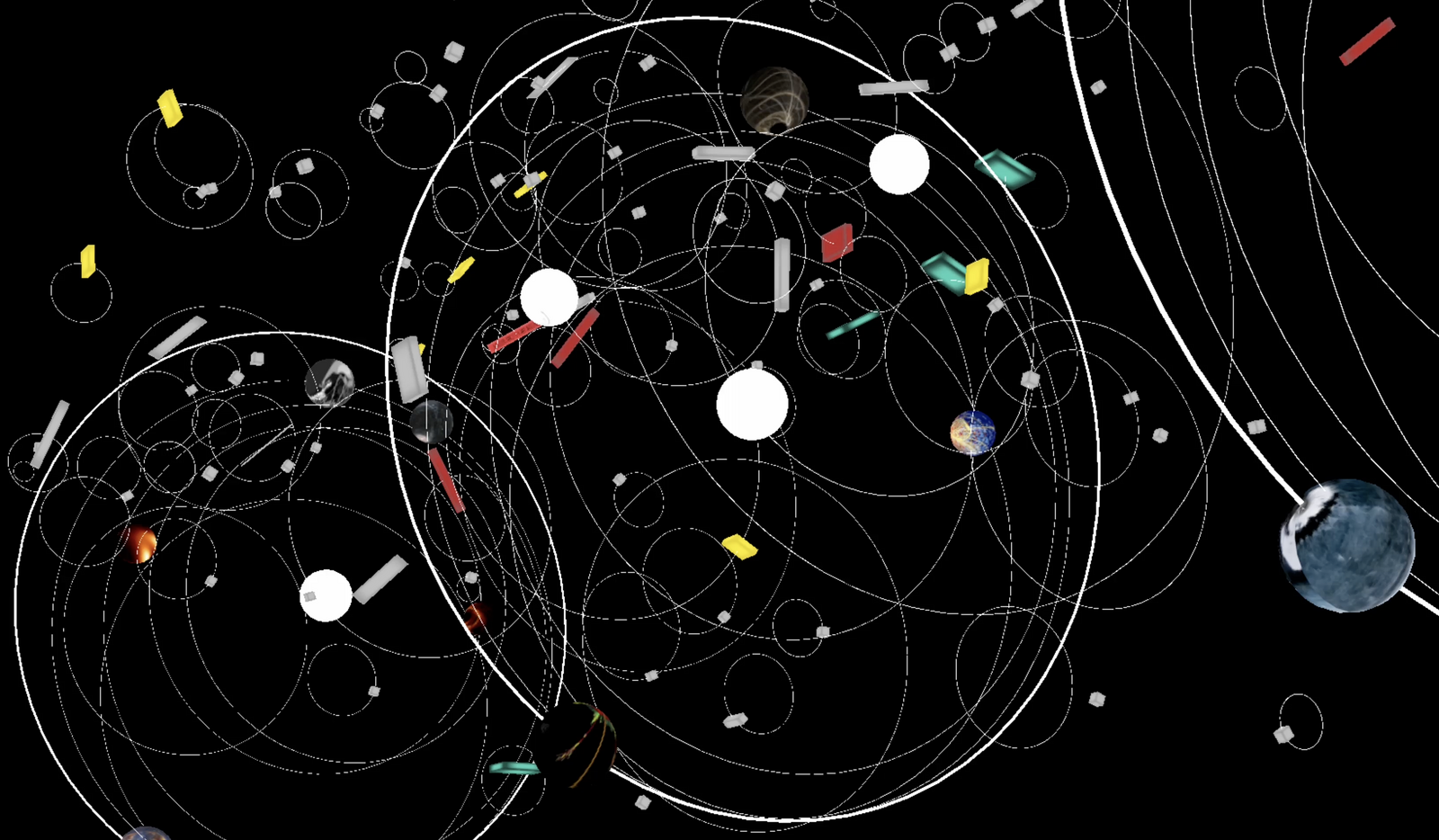Through its digital platform, ARE YOU FOR REAL aims to expand international cultural exchange and contemporary co-creative exhibition practices through dialogue around digital world-making experiments, aesthetic investigations, and performative political reflections. It addresses the material and immaterial aspects of the digital and how they are perceived within various disciplines. Artists, researchers, and coders are commissioned to create works that convey their understandings of reality.
ARE YOU FOR REAL, initiated by ifa in 2020, launches its second phase in August 2023, curated by Giulia Bini and Lívia Nolasco-Rózsás. A newly commissioned participatory digital work by post-critical design collective The Rodina is surrounded by a cluster of thematically aligned featured artworks by Guo Cheng and Weihao Qiu, Theodoulos Polyviou with Loukis Menelaou, Wisrah Villefort, Nushin Yazdani and Can Karaalioglu (from Phase 1), and Tatyana Zambrano, via an online platform designed and coded by Yehwan Song. Further commissions by Miriam Simun and Sahej Rahal, also accompanied by clusters of selected works, will be released later this year.
Are you for real? It would be an odd question to ask if we didn’t have technologies at hand capable not only of representing but generating realities. Computation propels a shift in our understanding of what “real” is and how it should be distinguished from the merely possible, the virtual, and the actual.
The understanding that computation and scientific investigation are two main forces that define our realities lies at the core of ARE YOU FOR REAL Phase 2. In arriving at this second phase, the platform embarks on an inquiry into how computation and the sciences relate to reality through the work of artists.
Artworks commissioned for or otherwise featured on the platform converge into thematic clusters, manifesting as planetary systems, to disclose a new cosmology of interpretations of the digital sphere.
There Is No Software: The first cosmo-cluster of artworks reflects on infrastructural issues. They engage with the manifold ways in which the virtual worlds generated by computation depend on the planet, but they also feed on its ecosystem’s imagery, relations, and data as they imagine alternatives for the world from which they emerge.
Regeneration: The second cluster speculates on what never was but might have been; these artworks imagine the regenerative power of the virtual and its possible impacts on real-world scenarios, ecosystems, and non-human and interspecies alliances. They are collaborative human-machine explorations that provide counternarratives around technology and agency both artificial and natural.
Beyond the Digital: The artists of the works in the third cluster interlace reality’s warp and weft, reconstructing it through combinations of technology and magic, reformulating ancient traditions. Today, as its foundations begin to crumble under the pressure of technology, we can see ever more clearly that reality is not an unchangeable given, but a weave in a state of constant becoming.
ARE YOU FOR REAL Phase 2 aspires to situate and question a multiplicity of cosmotechnics (following Yuk Hui’s term) shaped by a diverse, decentralized community of artists through a sequence of cosmological propositions, alternating between planetary and terrestrial, ecological and technological, magical and decolonial. They enable us to grasp various aspects of digitalization, and to explore a reality now irreducibly entangled with the online sphere.
About ifa
Together with partners, ifa—Institut für Auslandsbeziehungen champions freedom in art, research and civil society worldwide, bringing together people who are committed to an open society. It creates analogue and digital spaces for encounter, exchange, negotiation and co-creation. ifa lends a voice to activists, artists, scholars and scientists, promotes cooperation and increasingly pursues its goals jointly with partners. Using its core competencies in art, research and civil society, ifa builds networks to achieve sustainable results.
It is supported by Germany’s Federal Foreign Office, the state of Baden-Württemberg and its capital Stuttgart.
Press contact: Miriam Kahrmann, presse [at] ifa.de


